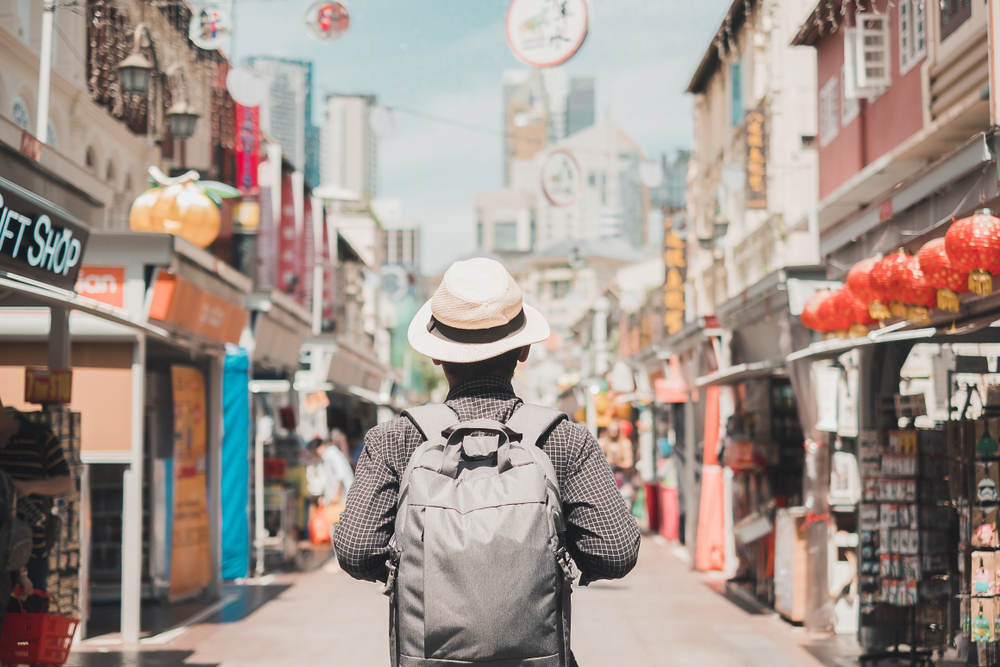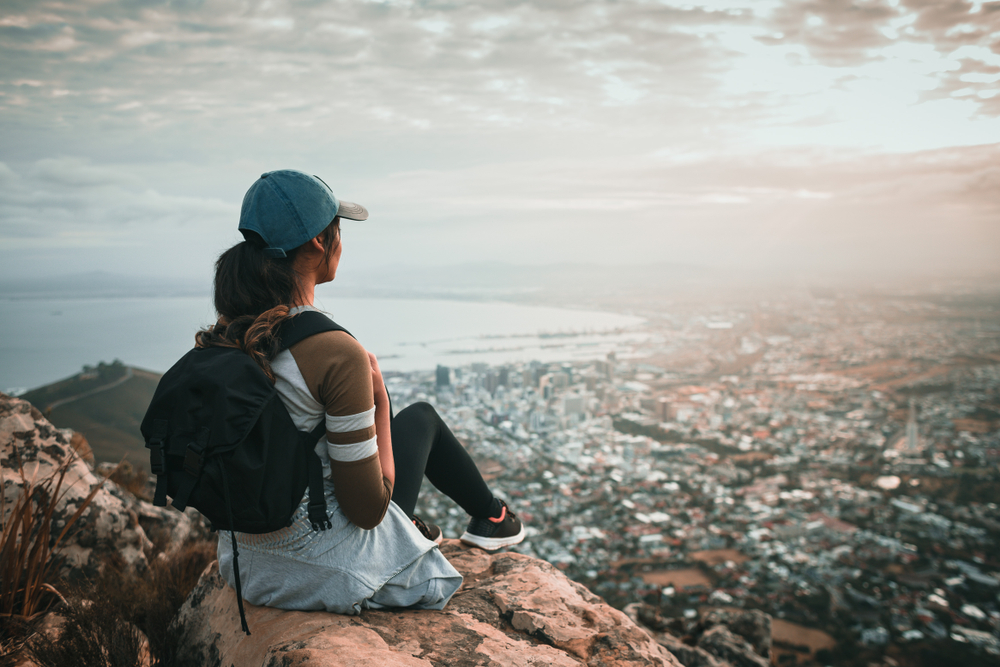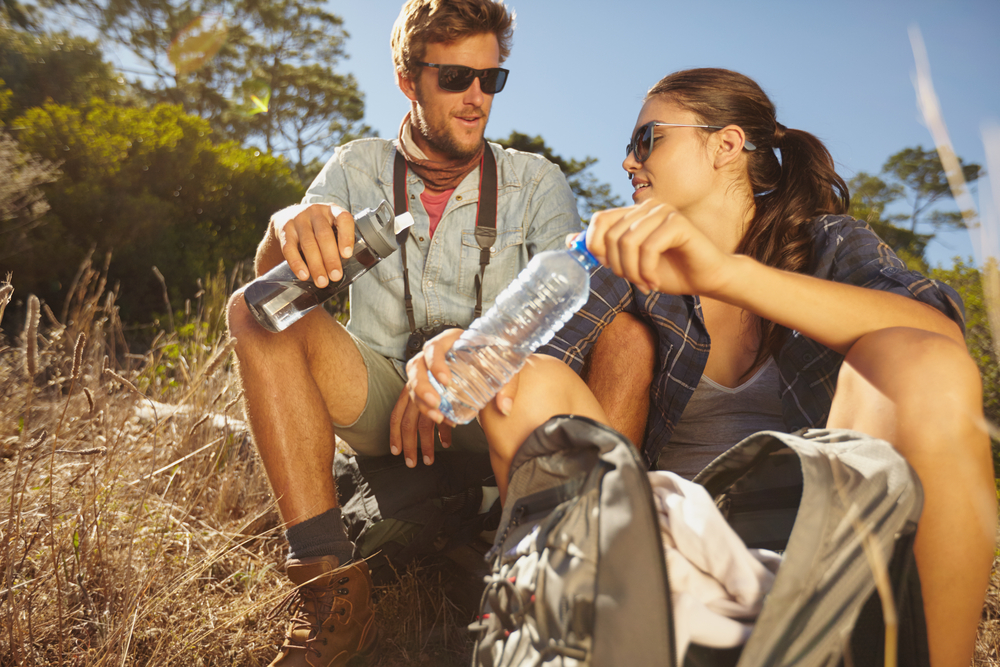With its blend of cultural diversity, modern infrastructure, and vibrant attractions, Singapore is an excellent destination for elderly travellers seeking a unique and enriching experience
Travelling to a foreign destination is always an exciting adventure, and for elderly travellers, it can be a rewarding experience filled with new sights, sounds, and cultures. Singapore, often referred to as the Lion City, is a popular destination that seamlessly blends tradition and modernity. However, for elderly travellers, it’s crucial to be well-prepared to ensure a smooth and enjoyable trip. Here’s a look at 5 essential tips for elderly travellers visiting Singapore before embarking on their journey.
Embrace the Multicultural Atmosphere
Singapore is a melting pot of cultures, boasting a diverse population that includes Chinese, Malay, Indian, and various other ethnic groups. Before heading to this vibrant city-state, elderly travellers should familiarise themselves with the cultural nuances to fully appreciate the rich tapestry that makes up Singapore. Understanding basic customs, greetings, and dining etiquette can enhance the travel experience and foster positive interactions with locals.
It’s advisable to visit iconic cultural districts such as Chinatown, Little India, and Kampong Glam to immerse oneself in the unique heritage of each community. Elderly travellers can explore traditional markets, sample authentic cuisine, and witness cultural performances, gaining a deeper understanding of Singapore’s multicultural identity.
Plan for Singapore’s Climate
Singapore has a tropical climate characterised by high temperatures and humidity throughout the year. Elderly travellers must prepare accordingly to stay comfortable and avoid potential health issues. Lightweight and breathable clothing, a wide-brimmed hat, and sunscreen are essential items to pack, especially if exploring outdoor attractions or strolling through parks and gardens.
Given the occasional rain showers, carrying a compact umbrella or a poncho is advisable. Dehydration can be a concern in humid weather, so elderly travellers must stay hydrated by drinking plenty of water throughout the day. Planning activities during the cooler parts of the day, such as early morning or late afternoon, can help mitigate the impact of the heat.
Navigate Singapore’s Accessibility Features
Singapore is renowned for its commitment to accessibility, making it an excellent destination for elderly travellers. Public transport, including buses and trains, is wheelchair-friendly, and many tourist attractions have facilities to accommodate individuals with mobility challenges. Elderly travellers should consider obtaining an EZ-Link card for convenient and seamless access to public transportation.
Major attractions like Gardens by the Bay and Sentosa Island have ramps, elevators, and accessible pathways, ensuring everyone can enjoy these iconic sites. Additionally, most hotels and public spaces prioritise accessibility, offering services and amenities that cater to the needs of elderly guests. Before their trip, elderly travellers should research accessibility features and contact accommodations to ensure a comfortable stay.
Prioritise Health and Wellness
Maintaining health and wellness is paramount for any traveller, but it becomes even more crucial for elderly individuals. Before departing for Singapore, elderly travellers should consult with their healthcare providers to ensure they are physically prepared. It’s essential to carry an ample supply of any necessary medications and keep a record of essential medical information, including allergies and emergency contacts.
Singapore’s healthcare system is renowned for its efficiency and quality, but it’s advisable to have comprehensive travel insurance that covers medical expenses. Elderly travellers can also take advantage of Singapore’s numerous parks and green spaces, such as the Botanic Gardens, for gentle exercise and relaxation. Incorporating moments of rest and pacing activities throughout the day can contribute to a more enjoyable and health-conscious travel experience.
Be Mindful of Local Laws and Customs
While Singapore is known for its cleanliness and orderliness, elderly travellers must be aware of local laws and customs to avoid unintentional breaches. Singapore has strict regulations regarding littering, chewing gum, and smoking in public spaces. Familiarising with these rules and respecting local customs, such as removing shoes before entering someone’s home, contributes to a positive and respectful travel experience.
Elderly travellers should also be aware of Singapore’s stringent drug laws and the severe penalties associated with drug-related offences. It’s advisable to carry a copy of essential documents, including identification, travel insurance, and emergency contacts, and to register with the embassy or consulate upon arrival.



